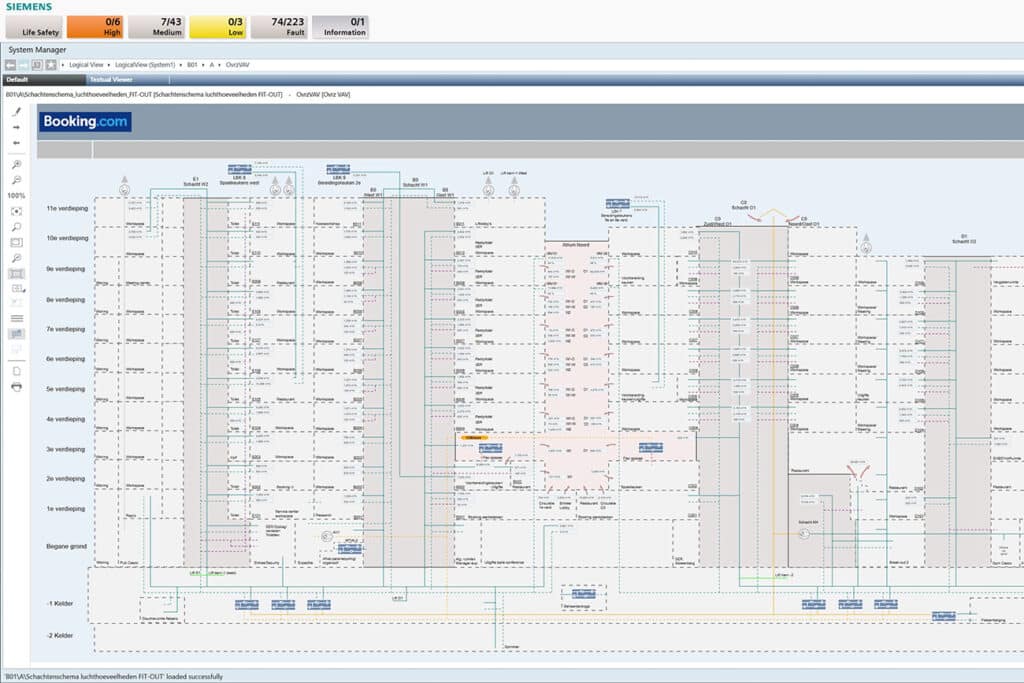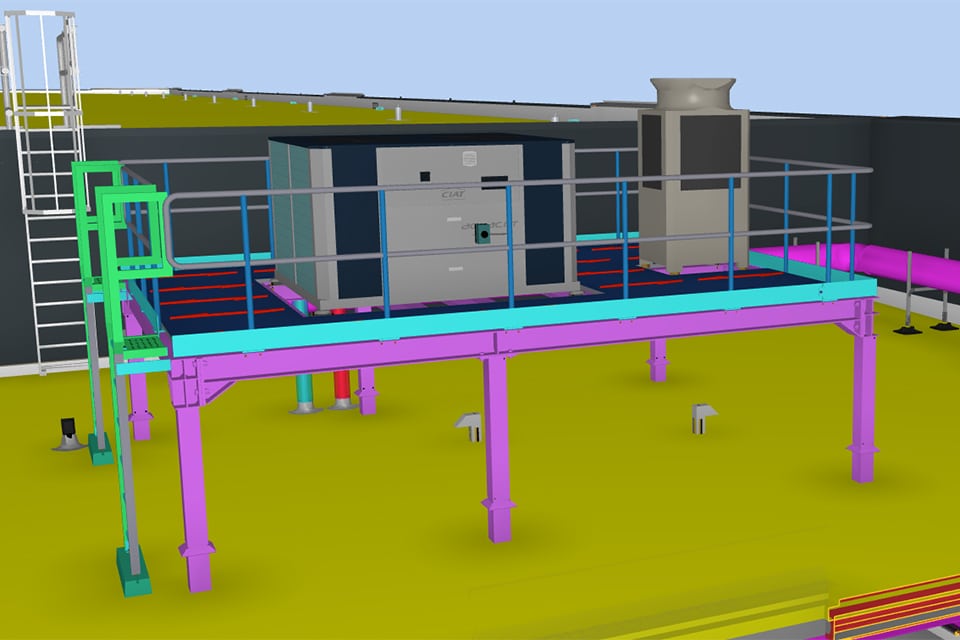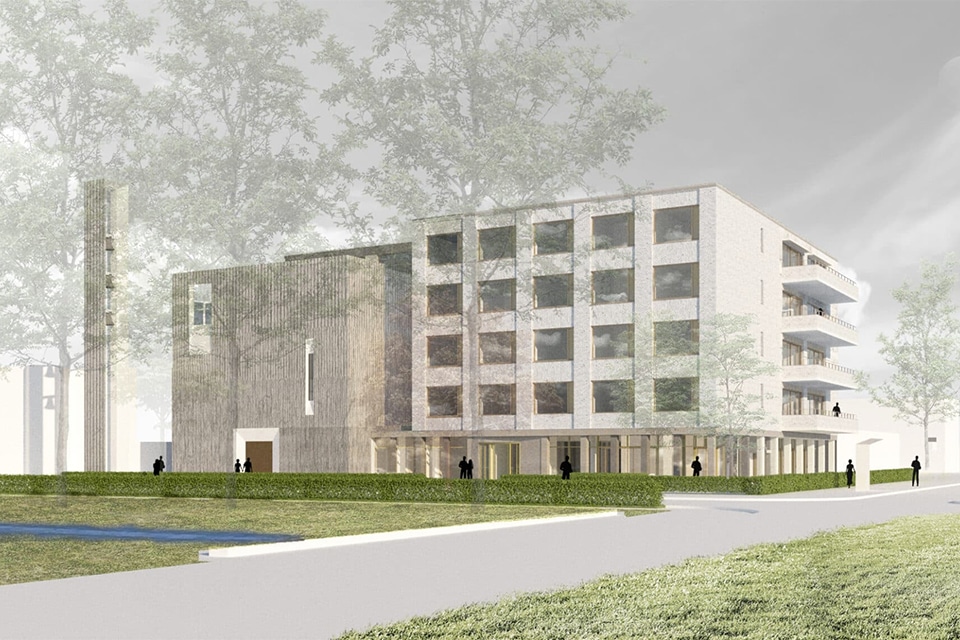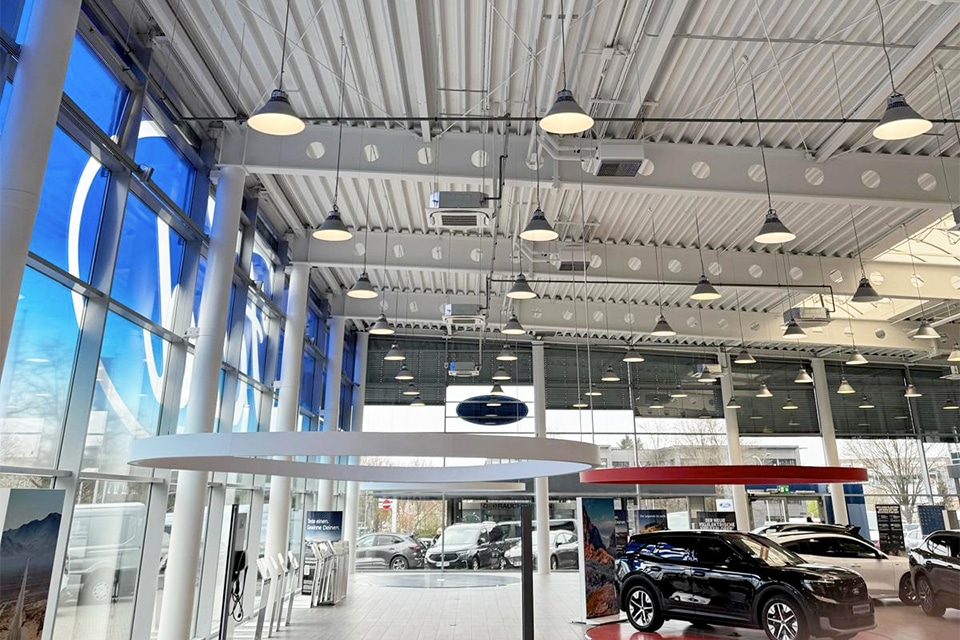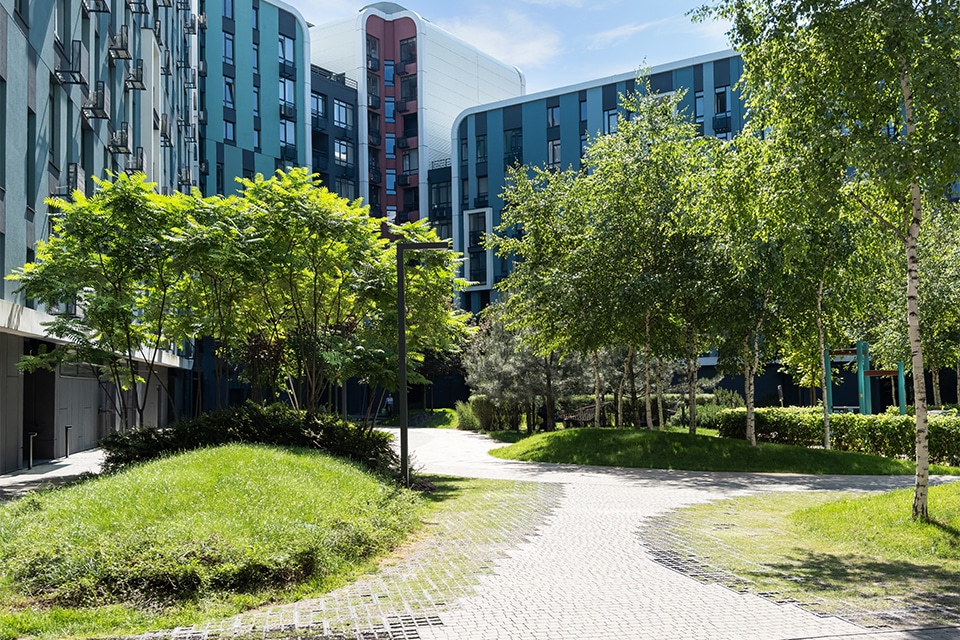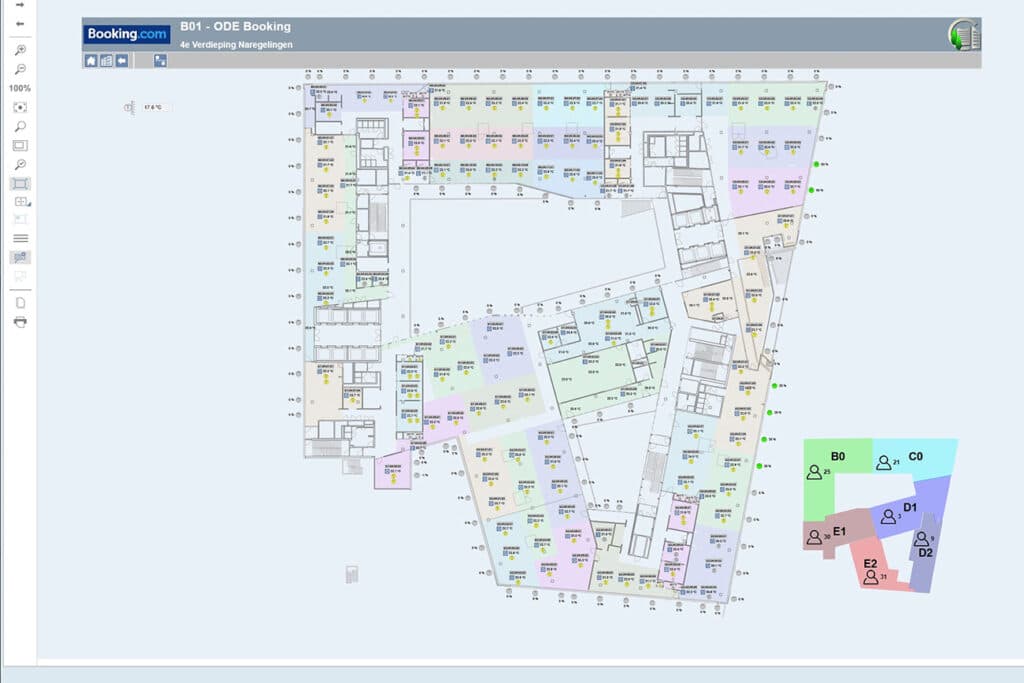
Data-driven and holistic building management
Booking.com Amsterdam
With the opening of Booking.com's impressive new building on the Oosterdokseiland in Amsterdam, PCS B.V. (Building Automation) and IQPS B.V. (Digital Positioning & Smartplatform) are also completing their project. For Holland's most digital building, the realization phase ends and an interesting operational phase begins.
A trajectory of six years and for one of the world's largest e-commerce companies came about with the sole purpose: to create the most optimal and attractive working environment for the more than 6,000 (international) employees. To achieve this goal, PCS B.V. and IQPS B.V. jointly developed and delivered an open, scalable and innovative solution for both the building automation and building intelligence platform. The combination provides real-time visibility, control and influence on the operation, performance, use and consumption of every building aspect. "From sustainability and efficiency objectives, the processes and installations present are controlled for air quality," says director/owner Paul Persy of PCS B.V. "Within the dynamic geo fence zones, real-time control of the number of employees present is also provided. With increased data insight, building managers can better anticipate potential interruptions, preventing problems or worse. Think plant outages or increased maintenance costs. Predictive maintenance by collecting and analyzing data has become a reality."
Holistic approach
To continuously improve the user experience, Booking.com has adopted a holistic approach. This leverages all utilitarian data sources, occupancy metrics, usage preferences, usage behavior, position data, position duration, et cetera to identify occupancy, performance, usage rates and habits. "Based on this data, the system provides the ability to find (the nearest) free meeting rooms or workstations in real time, signal queues, recommend a lunch time slot, optimize space comfort, track assets, et cetera," Persy says. "In addition, insight is gained into the use of the building, based on which processes or room layouts can be optimized."
Anticipating building performance
"The continuous analysis of data from the Smart platform provides ongoing feedback on the impact in employee experience and usage," Persy emphasizes. "And this is much needed, because due to adjustments in lighting, temperature, humidity, desk setups, utility and facility capabilities and assortment (such as restaurant menu compositions), for example, no single uniform management approach is possible. Understanding and anticipating a building's volspectral performance accordingly is essential to arriving at the most appropriate maintenance regime. But also decisive in creating an inspiring stay for all users. Modeling both technical and usage data from all sources, is the key to this."
